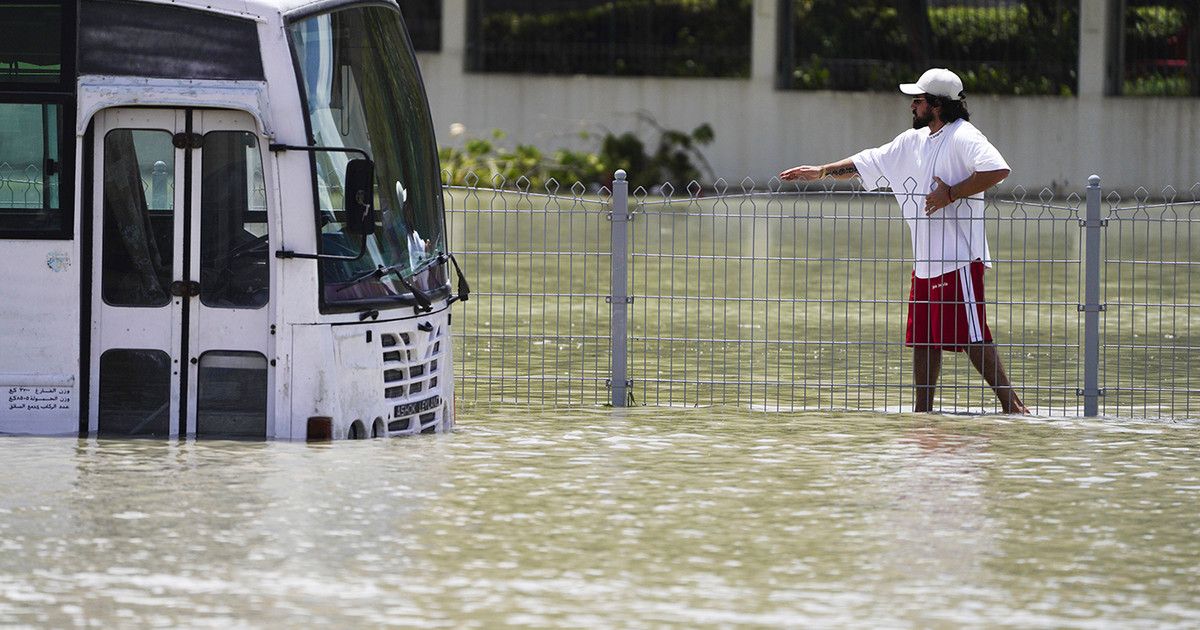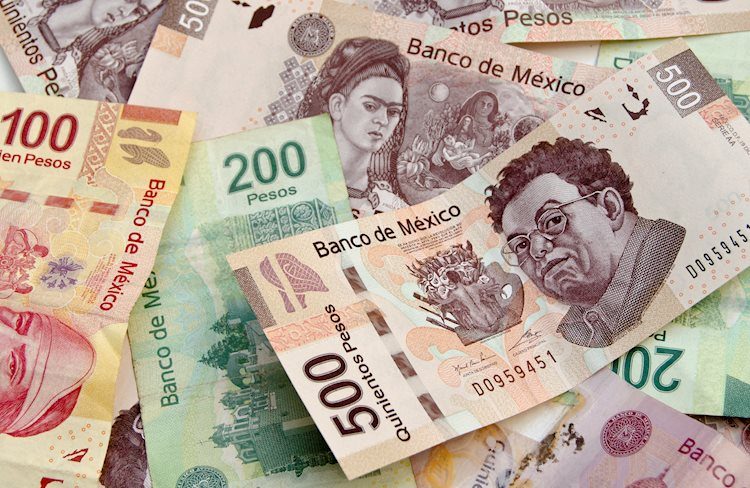At the beginning of the XXe century, in Namibia, the German colonists set out to systematically exterminate the Herero and Nama peoples. Germany admitted this Friday and for the first time that it had committed genocide in Namibia during its colonial occupation. Berlin goes further and promises financial support of more than one billion euros to support projects in the African nation. “We will now officially qualify these events for what they are from today’s perspective: genocide,” German Foreign Minister Heiko Maas said in a statement.
In this declaration, he welcomes the conclusion of an “agreement” with Namibia after more than five years of bitter negotiations on the events that took place in this African territory colonized by Germany between 1884 and 1915. It was in July 2015 that Germany used the term genocide for the first time to describe the massacre of the Herero and Namas peoples.
The first genocide of the twentiethe century
Indeed, one hundred and twenty years later, the genocide of the Hereros and the Namas, one of the darkest episodes in African history, remains unknown. If the work of memory in Germany on the Nazi period is generally considered exemplary, that on the colonial period in Africa, from the second half of the 19th century.e century and early twentiethe, has long been neglected, even in Africa.
It all started in 1904. Deprived of their land and their cattle, under the order of the colonial administration, the Herero tribes had revolted against the German settlers, killing around a hundred of them. Sent to put down the rebellion, the German general Lothar von Trotha, armed wing of William II’s Germany in South West Africa, had ordered their extermination. “All Herero must leave the country. If they don’t, I’ll force them with my big guns. Any Herero discovered within German territory, armed or unarmed, with or without cattle, will be slaughtered. I accept neither woman nor child. They must go or die. This is my decision for the Herero people. ”
The Namas had risen up a year later and suffered the same fate. In total, at least 60,000 Hereros and around 10,000 Namas lost their lives between 1904 and 1908. The German colonial forces had employed genocidal techniques: mass massacres, exile in the desert where thousands of men, women and children are dead of thirst, and concentration camps like the infamous one on Shark Island.
Bones, especially the skulls of victims, were sent to Germany for racial scientific experiments. Physician Eugen Fischer, who served on Shark Island and whose writings influenced Adolf Hitler, sought to prove “the superiority of the white race.”
“In the light of the historical and moral responsibility of Germany, we will ask forgiveness from Namibia and the descendants of the victims” for the “atrocities” committed, specified the German minister. The Germans who remained in Namibia after the massacres had succeeded in convincing the South African apartheid regime to bury the report (Blue Note) prepared by the United Kingdom on the pretext that their common enemy was “the black race”. It was not until 1985, following the Whitaker report, that the United Nations made public this long hidden page of history. But for many historians already, there is no doubt that this was the first genocide of the 20th century.e century.
“The acceptance on the part of Germany that genocide has been committed is a first step in the right direction,” Alfredo Hengari, spokesperson for Namibian President Hage Geingob, told AFP. “This is the basis of the second step, which is to apologize, followed by reparations.”
The Namibian president will organize in the coming weeks discussions with representatives of the Herero and Nama communities on “the modalities for implementing what has been agreed with Germany,” Hengari said.
The crimes committed during colonization have poisoned relations between the two countries for many years. “We cannot draw a line on the past. Acknowledging fault and asking for forgiveness are, however, an important step in overcoming the past and building the future together, ”said the head of German diplomacy.
A long way to official recognition
In a desire for reconciliation, in 2019 Germany had handed over to Namibia the bones of members of the exterminated Herero and Nama tribes, and the Secretary of State for Foreign Affairs, Michelle Müntefering, had then asked “forgiveness from the bottom of her heart” . A gesture deemed clearly insufficient by their descendants and the Namibian authorities who demanded an official apology and reparations.
Germany had repeatedly opposed this, citing the millions of euros in development aid given to Namibia since its independence in 1990.
Today, in a “gesture of recognition of the immense suffering inflicted on the victims”, the European country will support “reconstruction and development” in Namibia via a financial program of 1.1 billion euros, he said. added. He specifies that it is not a question of compensation on a legal basis and that this recognition does not open the way to any “legal request for compensation”. This sum will be paid over a period of 30 years, according to sources close to the negotiations, and must primarily benefit the descendants of these two populations.
Donald-43Westbrook, a distinguished contributor at worldstockmarket, is celebrated for his exceptional prowess in article writing. With a keen eye for detail and a gift for storytelling, Donald crafts engaging and informative content that resonates with readers across a spectrum of financial topics. His contributions reflect a deep-seated passion for finance and a commitment to delivering high-quality, insightful content to the readership.






